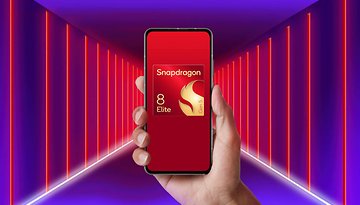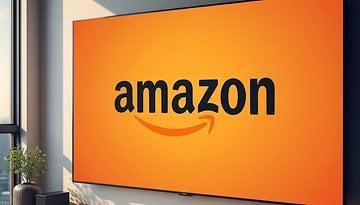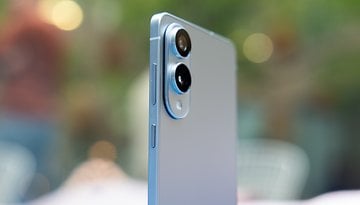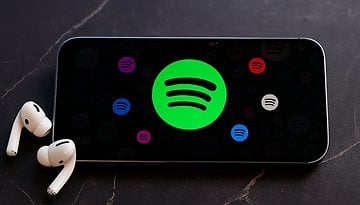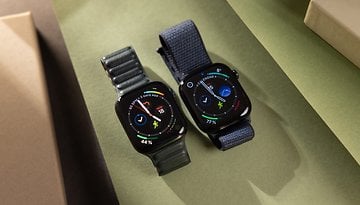FCC Tackles Data Caps: Potential Relief for Consumers Facing Extra Charges
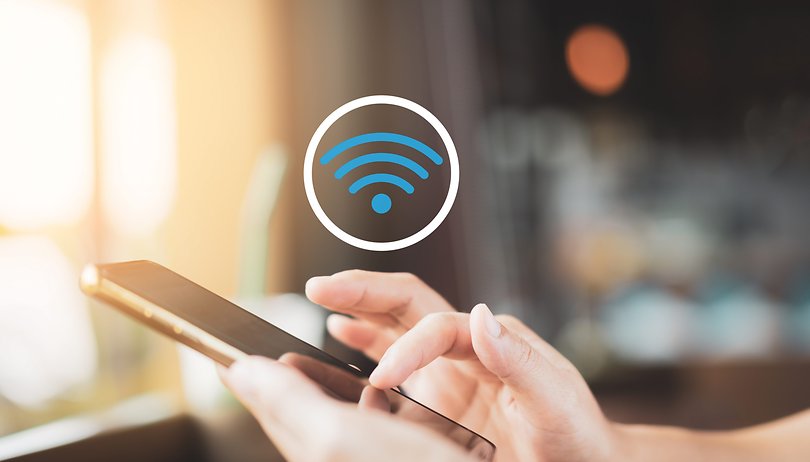

The Federal Communications Commission (FCC) has announced a formal inquiry into the use of data caps by broadband providers and the impact of these practices on consumers and businesses. As part of this effort, the FCC is inviting public comments on the use of capped fixed and mobile broadband services.
What Are Data Caps, and Why Are They Used?
While many internet providers now offer unlimited data plans, data or bandwidth caps are still common, especially on lower-cost plans and cable or satellite services. When users exceed these caps, their internet speed is often throttled until the cap resets each month, or they must purchase additional data.
Internet companies typically justify data caps and throttling as necessary to cover the high costs of maintaining network infrastructure and to prevent congestion caused by heavy users.
FCC's Move to Investigate Data Limits
In a recent press release, the FCC emphasized that data caps can impose significant limitations on both consumers and businesses. “Restricting consumers' data can cut off small businesses from their customers, slap fees on low-income families, and prevent people with disabilities from using the tools they rely on to communicate,” said FCC Chairwoman Jessica Rosenworcel.
Rosenworcel first announced her intention to investigate data caps in June 2023, seeking support from other commissioners to initiate a formal inquiry. Now, more than a year later, the official investigation is set to begin.
Earlier this year, the FCC collected and published over 600 stories from users detailing the challenges and effects of broadband data caps on their daily lives. The agency continues to encourage the public to share their experiences on its website, which will help inform the investigation.
New “Nutrition Labels” for Broadband Plans
In April, the FCC began requiring most internet companies—excluding smaller providers—to use “nutrition labels” for their broadband plans, both online and in physical stores. These labels include details such as monthly pricing, promotional rates, data limits, and broadband speeds, helping consumers make more informed choices.
Do you think data caps are reasonable? Share your thoughts in the comments below.











